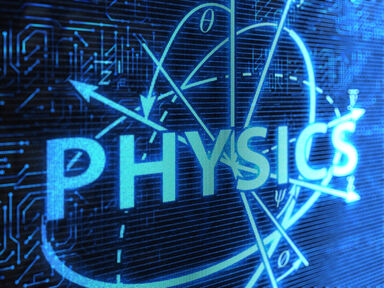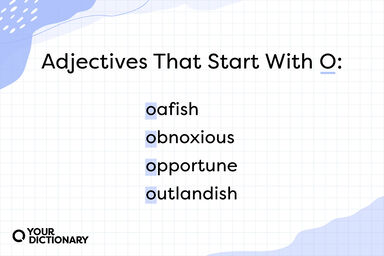In philosophy he began with a strong predilection for the physical side of psychology, and at an early age he came to the conclusion that all existence is sensation, and, after a lapse into noiimenalism under the influence of Fechner's Psychophysics, finally adopted a universal physical phenomenalism.
The relativism or phenomenalism which Hamilton afterwards adopted from Kant and sought to engraft upon Scottish philosophy is wholly absent from the original Scottish doctrine.
In Great Britain Mach's scepticism was welcomed by Karl Pearson to support an idealistic phenomenalism derived from Hume, and by Ward to support a noumenal idealism derived from Lotze.
His main sympathies are with the Neo-Kantians, and especially with Lange in modifying the a priori, and in extending the power of reason beyond phenomena to an ideal world; and yet the cry of his phenomenalism is not " back to Kant," but " beyond Kant."
At the same time, in spite of his sympathy with the whole development of idealism since Kant, which leads him to reject the thing in itself, to modify a priorism, and to stop at transcendent " ideals," without postulates of practical reason, he nevertheless has so much sympathy with Kant's Kritik as on its theories of sense and understanding to build up a system of phenomenalism, according to which knowledge begins and ends with ideas, and finally on its theory of pure reason to accord to reason a power of logically forming an " ideal " of God as ground of the moral " ideal " of humanity - though without any power of logically inferring any corresponding reality.




